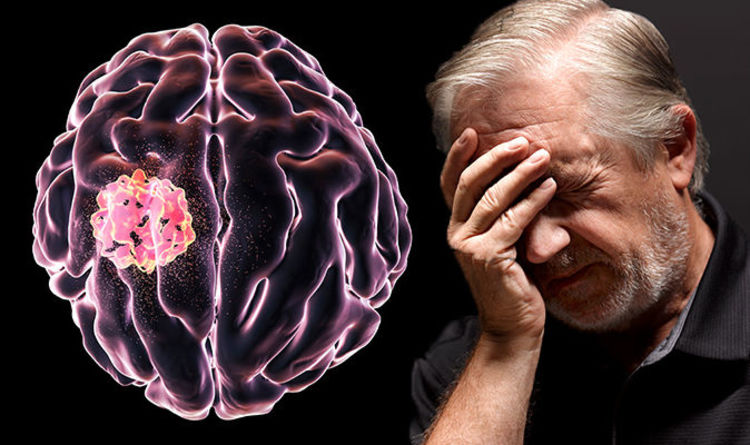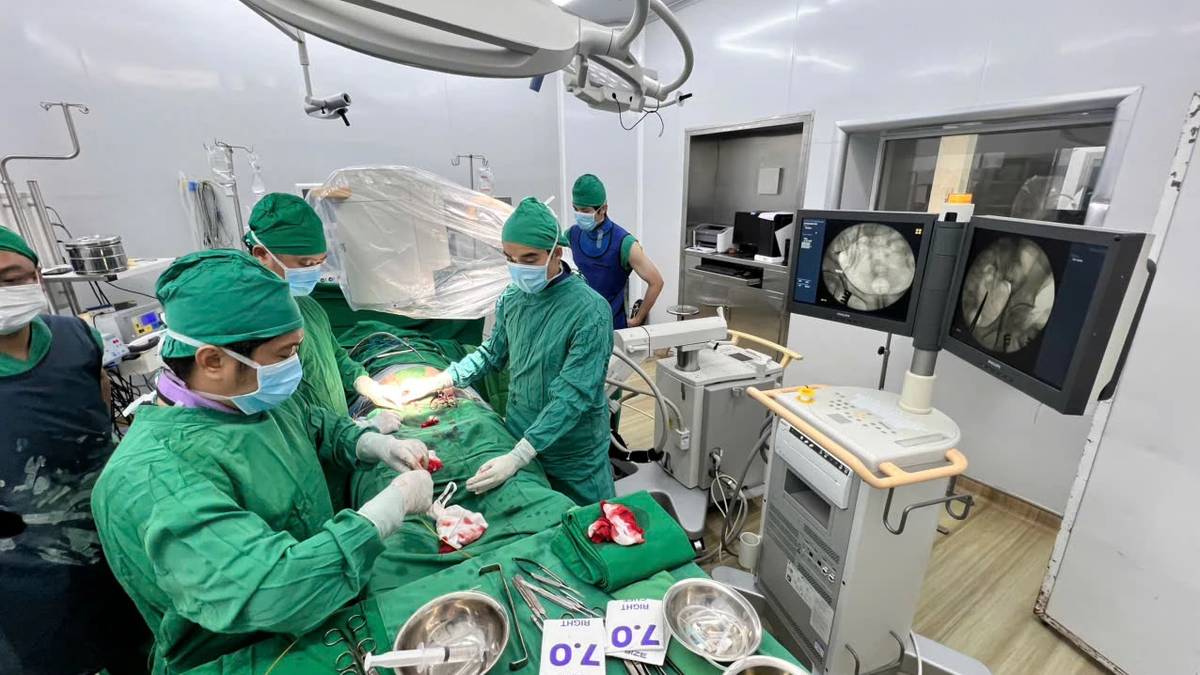Brain tumors occur when abnormal cells form inside the brain. There are many types of brain tumors, including malignant and benign brain tumors.
Malignant brain tumors that originate in the brain are called primary brain tumors. Brain tumors that develop from cancer in another part of the body and spread to the brain are called secondary brain tumors, also known as brain metastases.
Depending on the age of onset, location and histopathological characteristics of the tumor, patients have different symptoms. These symptoms often manifest differently for each patient, depending on the location of the tumor, the type of tumor, its size and its growth rate.
So, what are the symptoms of a brain tumor, besides headaches, what other symptoms are there? Below are 6 warning signs of a brain tumor.
1. Persistent headache
Persistent headaches are a common symptom, occurring in about 50% of brain tumor patients. The pain is often worse in the early morning or at midnight, recurring daily, and increasing in both intensity and duration. In young children who cannot complain of pain, it can manifest as loss of appetite, crying, sleeping less, and restlessness.

Frequent headaches are a warning sign of brain tumors that need to be examined early.
2. Symptoms of vomiting and nausea
Along with the headache is the symptom of vomiting, patients with brain tumors often vomit in the morning, after each vomiting the patient is often more tired, but the headache is less. If the patient vomits a lot, it can lead to exhaustion, dehydration, and electrolyte disorders. At first, the signs are not clear, a few patients are diagnosed with simple vomiting symptoms that may be suspected of being due to digestive problems, until the tests are performed, the indications give clearer results, then it is discovered that it is a brain tumor.
3. Reduced vision
Brain tumors often affect vision. Large tumors occupy space, increase pressure in the skull, and press on the optic nerve, reducing the patient's vision and vision.
People with brain tumors may experience sudden changes in vision, blurred vision due to limited vision. Swollen eyes, drooping eyelids, and retinal changes also warn of pressure from the brain tumor.
4. Prolonged stress, depression
Irritability, fatigue, stress, agitation, poor concentration, sleeping a lot or always being sleepy are also some of the symptoms to pay attention to.
5. Motor weakness
When suffering from brain tumors, patients often feel weak, numb, and have a crawling sensation in their hands and feet. Numbness and weakness tend to be on one side of the body, especially in patients with supratentorial cerebellar syndrome: there will often be a decrease or loss of sensation on one side of the body, weakness or paralysis of movement on one side of the body, speech disorders (the patient can understand speech but cannot speak or can speak but cannot understand speech), visual disorders, consciousness disorders, decreased concentration, and sleep disorders.
6. Epilepsy
Tumors can press on brain nerve cells, affecting and altering electrical signals in the brain, causing seizures.
Seizures are sometimes the first sign of a brain tumor, but they can occur at any stage of the disease. About 50% of people with brain tumors experience at least one seizure. However, seizures are not always caused by brain tumors. Other causes of seizures include: cerebral vascular malformations, after a stroke, after brain trauma, parasitic infections in the brain, etc.
In summary: Although brain tumors are rare, if you feel worried or have warning signs of brain tumors such as persistent headaches, you should go to a medical facility immediately so that doctors can examine and diagnose early and accurately and find a suitable treatment plan, bringing the best results.
MSc. Dr. Le Van Lam
Source: https://giadinh.suckhoedoisong.vn/6-dau-hieu-canh-bao-u-nao-172240531223606254.htm





































































































Comment (0)